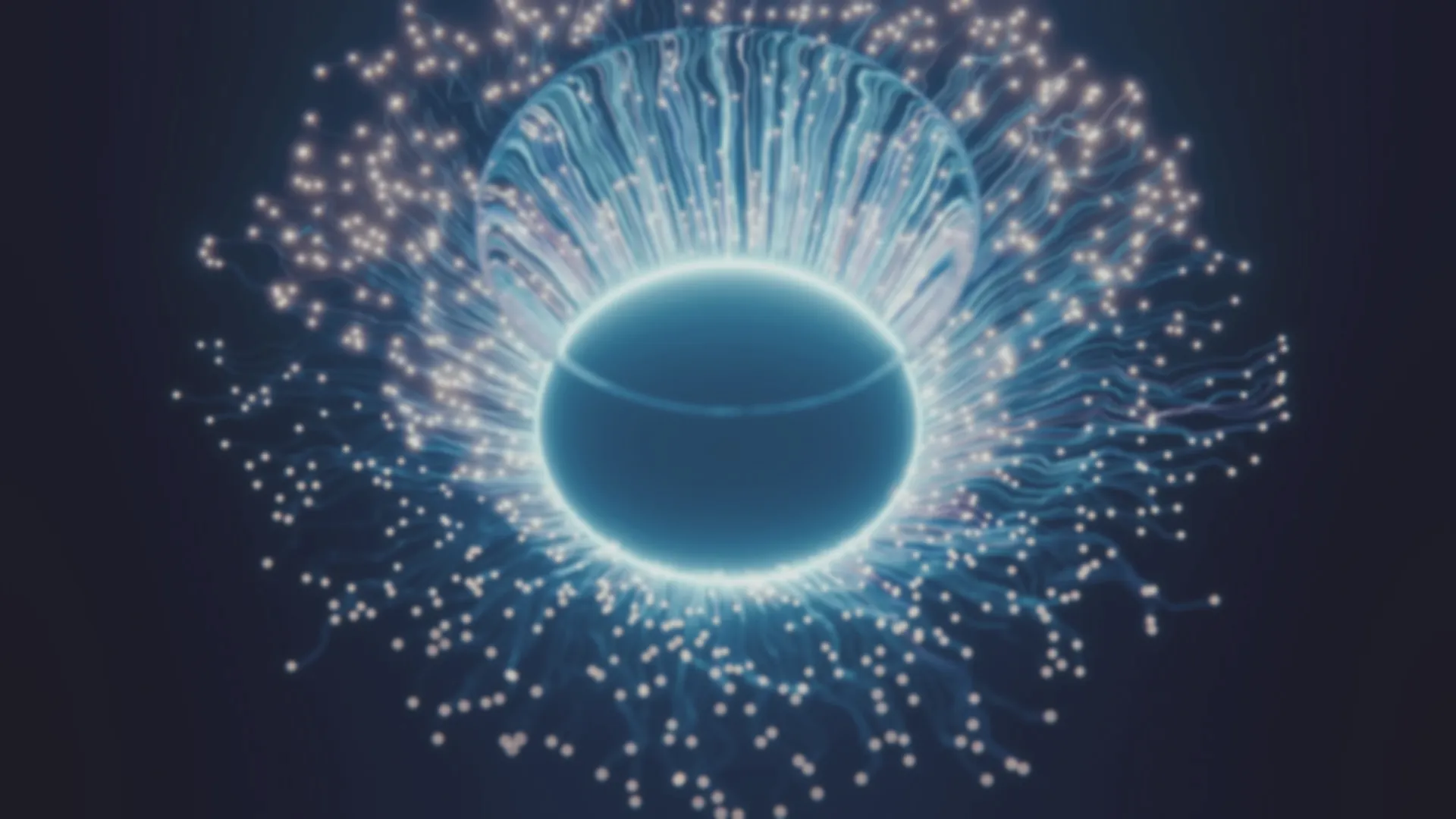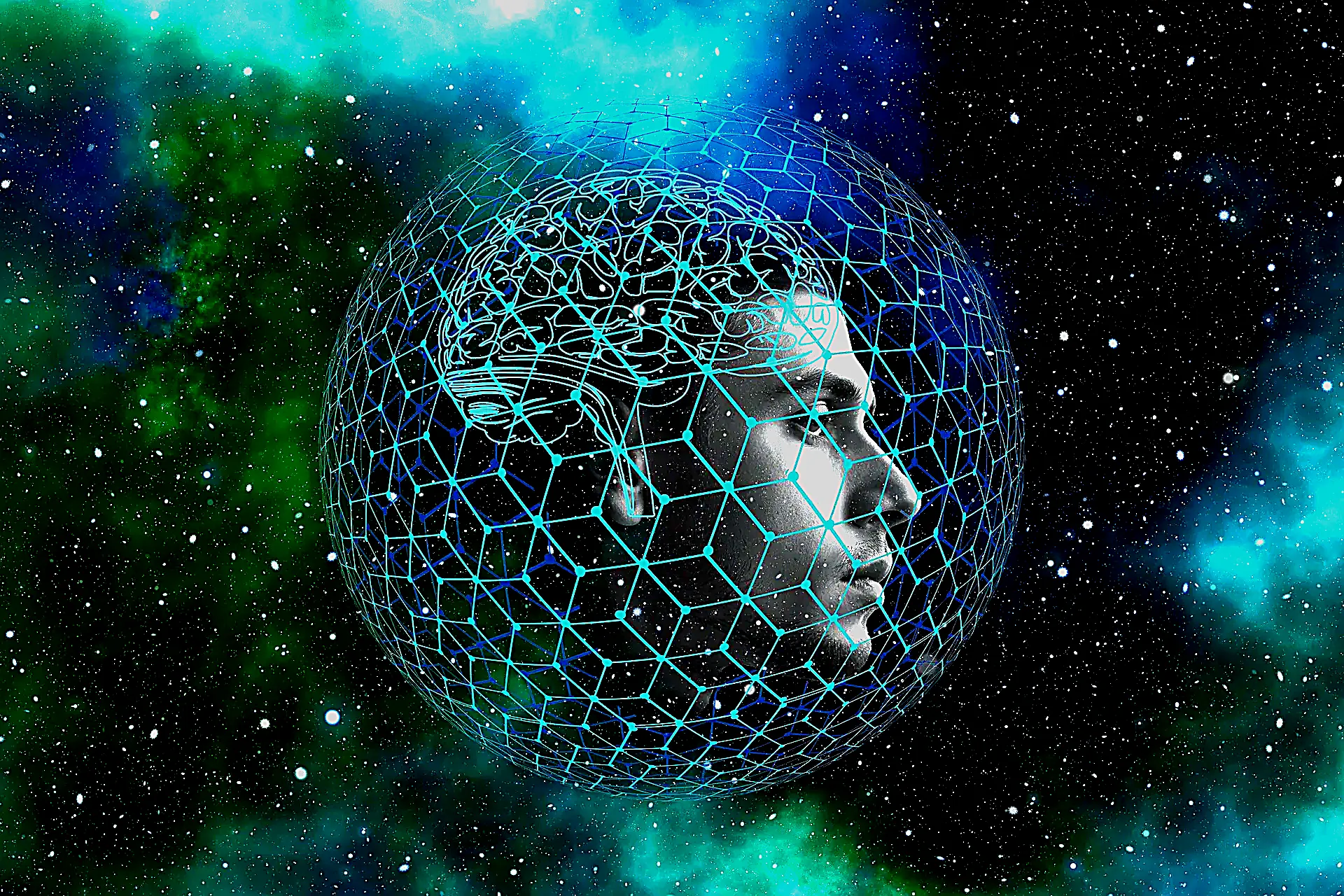OpenAI’s GDPval sparked ‘jobs replaced’ headlines—here’s what the 44-occupation test actually shows
OpenAI’s GDPval tests task-level AI performance, not whole-job replacement. Here’s what it means for Morocco’s startups, policy, and real use cases.
DailyMail ran with “jobs replaced” headlines. The source was GDPval, a research benchmark from OpenAI. It is not a list of doomed careers. It measures model output on practical tasks that real professionals deliver.
Here is the core idea. GDPval draws tasks from 44 occupations across nine major industries. The tasks are authentic deliverables like briefs, slides, spreadsheets, and diagrams. Domain experts created and later graded the work.
Scale matters here. The first release spans about 1,320 tasks, with a 220-task public ‘gold’ subset. Graders averaged 14 years of professional experience. They blind-graded model outputs against human work.
GDPval also limits interaction. It is one-shot. No multi-draft iteration or back-and-forth. It cannot capture all the context of real jobs.
What did early results show. Top models are approaching industry-expert quality on a meaningful share of tasks. On the public gold set, Anthropic’s Claude Opus 4.1 slightly outperformed others. GPT-5 led on accuracy-heavy tasks.
TechCrunch added helpful numbers. It reported GPT-5-high was better than or on par with experts about 40.6% of the time. Claude Opus 4.1 scored around 49%, just under half. OpenAI also highlighted speed and cost gains on pure inference.
That last point needs nuance. Those speed and cost figures exclude human oversight and systems integration. Real workplaces add checks, coordination, and compliance. Savings depend on that full picture.
GDPval’s own write-up is clear. It says "most jobs are more than just a collection of tasks that can be written down." The evaluation shows where AI can shoulder routine, well-specified work. It is not proof that entire roles are replaceable now.
Axios offered a similar reading. It noted rapid gains, with OpenAI saying performance more than doubled from GPT-4o to GPT-5. Yet the research does not imply mass displacement right now. It is a temperature check, not a pink slip.
Why this matters for Morocco. The economy blends industry, services, agriculture, and a growing digital sector. Many jobs are task-heavy and document-based. That is the precise zone GDPval examines.
Local startups and labs are leaning into applied AI. Atlan Space uses AI-driven autonomous drones for environmental monitoring across Africa from a Moroccan base. UM6P and other universities are building talent and computing capacity. Technopark hubs host many data and software startups.
Government actors are positioning the ground rules. The Digital Development Agency helps drive digitization and public innovation. The national data protection authority, CNDP, enforces Law 09‑08 on personal data. Morocco’s open data portals support experimentation with public datasets.
Here is how GDPval maps to Moroccan use cases. It is strongest on well-specified tasks with clear outputs. Many Moroccan teams face those daily in French, Arabic, and Darija. Good prompts and guardrails can unlock steady gains.
Practical opportunities by sector:
- Customer support and BPO: triage emails, summarize calls, draft replies in French and Spanish, and escalate edge cases to supervisors.
- Tourism and hospitality: generate itineraries, translate FAQs, answer pre-arrival questions, and hand off complex issues to staff.
- Agriculture and water: summarize sensor and weather logs, estimate irrigation windows, and draft advisory notes for field teams.
- Public administration: draft memos from templates, summarize regulations, and build simple dashboards from spreadsheet data.
- Finance and fintech: compile KYC file summaries, flag mismatches for review, and prepare compliance checklists from policy texts.
- Healthcare and diagnostics: organize patient histories, structure referral letters, and draft imaging summaries for expert validation.
- Education and training: generate lesson plans, rubrics, and quiz items aligned to curricula for teacher review.
- Engineering and operations: condense maintenance logs, draft SOP updates, and prepare predictive maintenance checklists for technicians.
Use GDPval as a blueprint for local evaluation. Build a small, Morocco-specific taskbench. Use real deliverables from your teams. Ask subject matter experts to blind-grade model outputs against human work.
Stick to one-shot tests first. That mirrors GDPval and gives a clean baseline. Then add iterative drafts to match reality. Measure lift in accuracy, time, and cost.
Model selection needs context. GDPval shows a nuanced competitive picture. OpenAI even published results where a rival won overall on the gold set. That signals more transparent, real-work evaluations.
Consider languages early. Many models are strongest in English. Moroccan work spans French, Arabic, Tamazight, and Darija. Use translation pipelines and custom glossaries to reduce errors.
Protect data from day one. Keep sensitive data off public endpoints when you can. Use private deployments or API features that disable training on your prompts. Log prompts and outputs for audits.
What about cost and speed. Test latency, context window limits, and throughput under load. Compare token prices across vendors and tiers. Include human review time in your business case.
Plan for human-in-the-loop by design. Assign reviewers and escalation rules. Require citations or sources for sensitive outputs. Keep final decisions with accountable humans.
Policy will keep evolving. UNESCO members, including Morocco, adopted the 2021 Recommendation on the Ethics of AI. Local regulators will adapt those ideas to Moroccan realities. Expect procurement and audit requirements for AI in public services.
What comes next from GDPval. OpenAI plans to expand it to interactive, multi-draft workflows. That will mirror how professionals actually work. It should also help teams measure collaboration patterns, not just one-shot accuracy.
How Moroccan startups can prepare now. Document your top 20 recurring tasks. Match them to model strengths revealed by GDPval. Pilot co-pilots where outputs are easy to verify.
A 30-60-90 plan can de-risk adoption.
- 30 days: inventory high-volume tasks, choose five, capture current KPIs, and run privacy checks with CNDP obligations in mind.
- 60 days: pilot one model per task, measure time and error rates, assign reviewers, and build language assets for French and Arabic.
- 90 days: expand to ten tasks, harden security, document workflows, and prepare procurement requirements for scaling.
A final word on jobs. GDPval looks at tasks, not entire occupations. It shows where automation can shoulder routine work. People still handle judgment, context, and accountability.
That is good news for Morocco. It points to targeted productivity gains, not blunt displacement. It rewards teams that design clear workflows. It favors companies that invest in people and process.
Key takeaways:
- GDPval measures task-level performance across 44 occupations, not whole-job replacement.
- Early results are strong but mixed: Claude Opus 4.1 led on the gold set; GPT-5 led on accuracy-heavy tasks.
- TechCrunch reports GPT-5-high at ~40.6% and Claude Opus 4.1 at ~49% versus experts.
- The benchmark is one-shot; real work is iterative and supervised.
- For Morocco, target well-specified tasks in BPO, tourism, agriculture, finance, and public services, with humans in the loop.
Need AI Project Assistance?
Whether you're looking to implement AI solutions, need consultation, or want to explore how artificial intelligence can transform your business, I'm here to help.
Let's discuss your AI project and explore the possibilities together.



